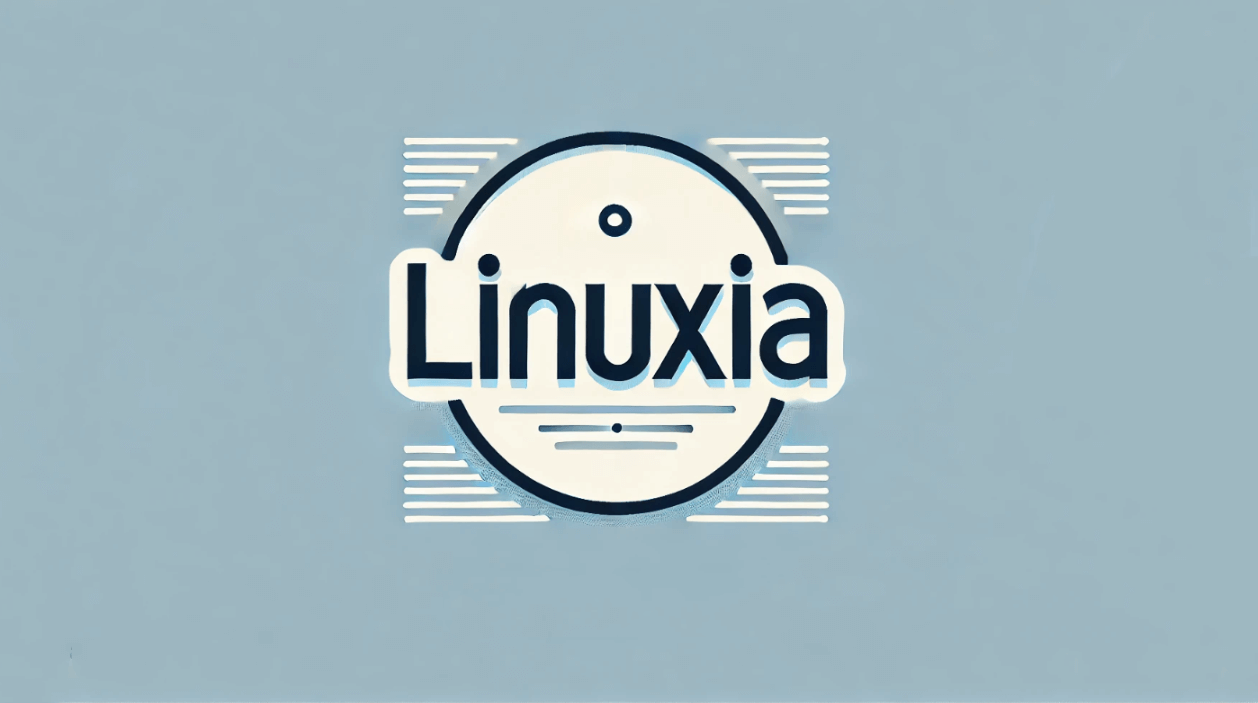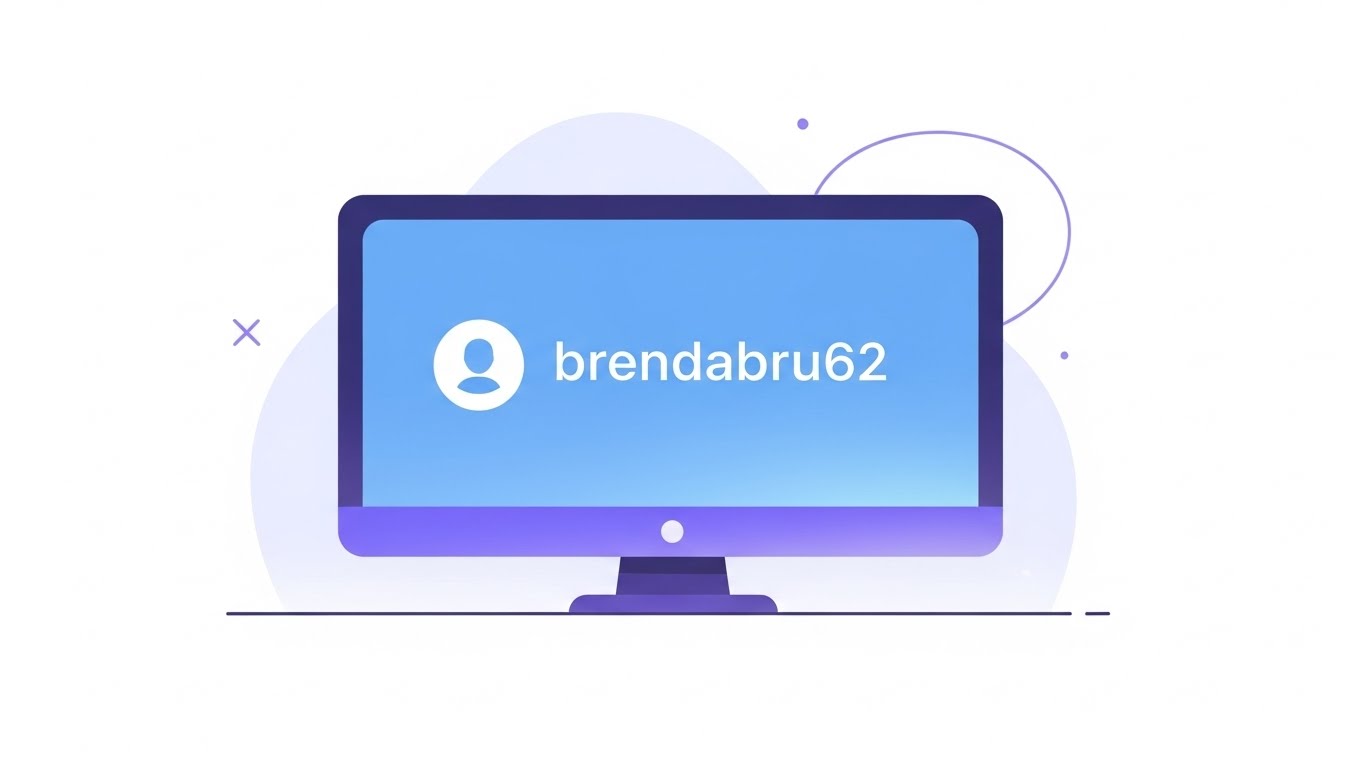In a digital landscape increasingly dominated by proprietary ecosystems, the open-source movement continues to serve as a powerful force for transparency, innovation, and freedom. At the heart of that movement lies Linux, the legendary kernel that powers everything from smartphones to supercomputers. Now, imagine a community, platform, or operating system built entirely around enhancing and expanding Linux’s potential—welcome to Linuxia.
While not yet a mainstream brand, Linuxia represents more than a clever name. It hints at a thriving digital nation—an imaginary or emerging ecosystem that unites Linux enthusiasts, developers, learners, and creators under one inclusive, future-ready umbrella. In this article, we’ll explore what Linuxia could represent, why such a concept is relevant today, and how it could shape the next era of open-source computing.
What Is Linuxia?
At its core, Linuxia could be envisioned as a Linux-based operating system, a developer community, or a tech philosophy built on open-source principles. The name combines “Linux” with the suffix “-ia,” often used to denote nations or regions (e.g., Utopia, Technologia). This gives Linuxia the feel of a digital republic, a place where code is free, collaboration is king, and innovation is boundless.
Whether seen as a literal distro or a symbolic space, Linuxia could represent:
-
A lightweight, user-friendly Linux distribution
-
A community-driven learning hub
-
A developer-first digital commons
-
A platform for ethical, privacy-respecting tech
The Need for a Platform Like Linuxia
Linux has long been admired for its security, flexibility, and customization. However, many mainstream users find Linux intimidating due to:
-
Complex terminal usage
-
Fragmented distributions
-
Limited beginner-friendly documentation
Linuxia could address these concerns by offering:
-
A streamlined user experience
-
Pre-configured environments for common workflows (e.g., programming, design, cybersecurity)
-
A welcoming community focused on education and inclusivity
In this sense, Linuxia could become the Ubuntu of the 2020s, but with a greater emphasis on modern UI/UX and social collaboration.
Key Features of a Hypothetical Linuxia OS
If Linuxia were developed as a Linux distro, it could combine the best of the open-source world in one polished experience. Here’s what that might look like:
✅ User-Friendly Installation
-
Graphical installer similar to Pop!_OS or Ubuntu
-
Automatic partitioning and driver detection
✅ Beautiful, Modern Desktop
-
Based on GNOME or KDE with custom Linuxia themes
-
Optional tiling window manager for power users
✅ Preloaded with Useful Tools
-
VS Code, GIMP, LibreOffice, and Firefox
-
Snap, Flatpak, and AppImage support for easy software installation
✅ Privacy by Design
-
No telemetry or data tracking
-
Firewall enabled by default
-
Secure boot and optional full-disk encryption
✅ Community Portal Integration
-
Built-in access to forums, support, and tutorials
-
Open-source social network for collaboratio
Linuxia as a Community Ecosystem
Beyond an OS, Linuxia could become a hub for open-source collaboration—similar to what GitHub is for code, but with a stronger focus on Linux education, mentorship, and real-time projects.
🔹 For Beginners
-
Step-by-step Linux learning paths
-
Live help from community mentors
-
Linux gaming guides and compatibility tutorials
🔹 For Developers
-
Package development sandbox
-
Containerization (Docker/Podman) environments
-
Open bounty board for OSS projects
🔹 For Creatives
-
Digital art and multimedia toolkits
-
Audio and video production optimized on Linux
-
Open-source design collaboration tools
Why Linuxia Matters Today
As more users and organizations grow skeptical of data monopolies and surveillance capitalism, alternatives like Linuxia offer:
-
Digital sovereignty: Control your own data and devices
-
Sustainability: Revive old hardware with lightweight Linux
-
Community empowerment: Learn, share, and build in public
The average user may not understand kernel patches or init systems—but they do understand the value of freedom, privacy, and community. That’s what Linuxia would stand for.
Potential Use Cases for Linuxia
| User Type | How Linuxia Helps |
|---|---|
| Students | Free tools for coding, designing, and learning |
| Developers | Flexible environments for testing and deployment |
| Non-profits | Cost-effective computing with full customization |
| Educators | Easily maintainable systems for classrooms |
| Remote Workers | Secure, distraction-free digital workspace |
| Artists | Open creative software with full local control |
How to Get Involved with a Concept Like Linuxia
If you’re excited by the vision of Linuxia—even if it doesn’t formally exist yet—here are ways to build or support similar projects:
-
Contribute to Open Source
-
Explore distros like Arch, Fedora, or Debian and contribute code or documentation.
-
-
Join Linux Communities
-
Reddit (r/linux), Discord servers, Mastodon instances like Fosstodon.
-
-
Educate Others
-
Start a blog, YouTube channel, or newsletter about Linux tools and tips.
-
-
Support Ethical Tech
-
Use and donate to platforms like Signal, Mozilla, and the Free Software Foundation.
-
-
Create the Dream
-
Fork your own distro, document it, and invite contributors. Build the Linuxia you want to see in the world.
-
FAQs About Linuxia
Q1: Is Linuxia a real Linux distribution?
Not yet. Linuxia is a conceptual or aspirational idea—an imagined Linux-based OS or community focused on user-friendliness and digital empowerment.
Q2: Why name it Linuxia?
The name combines “Linux” with the suffix “-ia,” giving it a regional or conceptual feel—like a land or world centered around open-source principles.
Q3: What makes Linuxia different from Ubuntu or Fedora?
While Ubuntu and Fedora are excellent, Linuxia would be more community-centric, beginner-friendly, and modular—focused on removing friction for new users.
Q4: Who is Linuxia for?
Beginners, students, developers, artists, and anyone seeking a privacy-respecting, customizable digital platform.
Q5: Can I create my own version of Linuxia?
Yes! Start with an existing base like Debian or Arch, customize it, and document your changes. That’s how many famous distros began.
Q6: Is Linuxia open to all?
Absolutely. The vision of Linuxia is one of inclusivity, access, and collective ownership—core values of open-source culture.
Conclusion: The Spirit of Linuxia
Linuxia isn’t just a name—it’s a concept, a dream, and a call to action. It represents a vision for computing that’s open, ethical, accessible, and beautiful. Whether it takes shape as a real operating system, an online learning hub, or a vibrant community, the principles behind Linuxia are already alive in the hearts of Linux enthusiasts around the world.
In a time when digital freedom is more important than ever, Linuxia invites us to reimagine what technology can be—not just efficient or powerful, but also human, transparent, and liberating.


